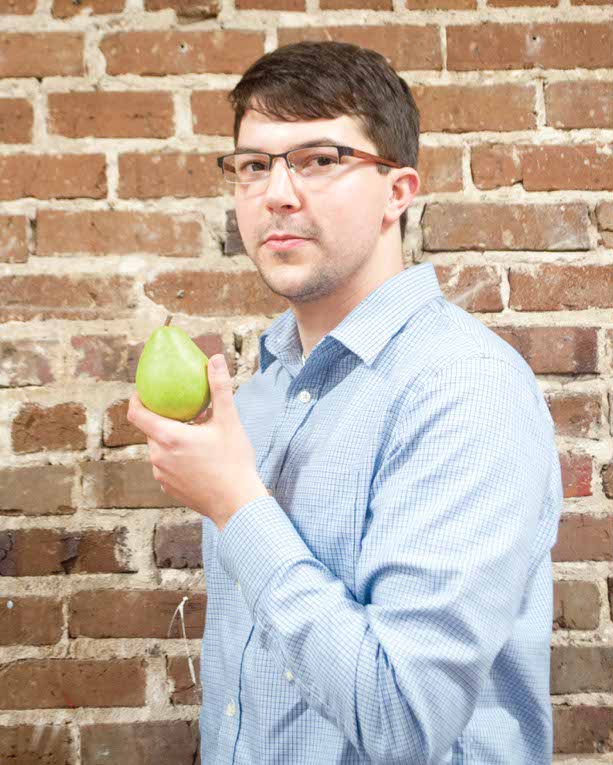When Jake Bell sees bananas in a bowl at Starbucks, he can’t help but ask the barista if these are a new addition. She replies yes. They’re even in the smoothies now. His satisfaction is apparent – a reaction expected from a man who sells and delivers fresh fruit for a living.
Bell is the owner of Jake’s Fruit Delivery, a Tuscaloosa-based company that delivers fruit boxes for free in the Tuscaloosa and Northport areas. The company began last October when Bell began graduate school for global business administration at The University of Alabama. However, it was Bell’s previous trip to New Zealand that inspired his fruit business.
“I wanted to bring a healthier culture to Alabama. Healthy food was just commonplace [in New Zealand]. There wasn’t a lot of fast food restaurants. There was just fruit everywhere,” Bell said. “Every Monday we would get this fruit crate in the break room and everyone would be really happy. Instead of a vending machine – we didn’t have that.”
(See also “Students should make healthy eating choices, avoid trendy diet plans“)
According to the United Health Foundation’s Health Rankings, in 2013, 33 percent of Alabama was considered obese. In 2006 the County Health Profiles conducted by the Alabama Department of Public Health reported 31 deaths caused by diabetes for the Tuscaloosa area. Such statistics are a part of what Bell seeks to prevent with Jake’s Fruit Delivery, whose mission statement is “Perfect, Fresh Fruit. Happy and Healthy People.”
At Jake’s Fruit Delivery, boxes of fruit range from $25 for a variety including apples, oranges, pears, kiwi fruit, bananas, grapefruit, lemons, limes and a mango to $33, which adds grapes, strawberries and double the bananas into the mix. Delivery is free, and drivers do not make their wages off of tips.
“I didn’t want to teach people to be healthy. I wanted to give them the ability to easily be healthy,” Bell said. “My company’s bottom line is helping other people.”
Sheena Gregg, assistant director of nutrition and health services at the Student Health Center, recommends two to three servings of fruit a day based on an individual’s activity level, citing fruit as an important source for good carbohydrates, fiber, vitamins and glucose. Despite the benefits of eating fruit, many do not eat it on a daily basis because of price or convenience.
(See also “Bama Dining quality, variety improving“)
“Though it seems that there is a Walmart around every corner with discounted produce, the reality is that many Alabamians live in rural areas that can often be considered ‘food deserts’ that provide little access to fresh, affordable foods,” Gregg said.
Habits for eating fresh fruit and other healthful foods and staying active often develop in college, setting the foundation for a person’s diet and lifestyle after graduation.
Bell said he hopes to be the company providing the fruit to those employers, just as similar fruit crates were brought to his workplace in New Zealand. Bell said he’s had great reception from offices, families and the University, citing fruit’s likability as the reason.
“It’s really 50/50. When I started the company, I thought that offices would be the main purchaser of these fruit boxes and put them in the break rooms, help their employees get healthy, but really I had an overwhelming response from families,” Bell said.
Alongside providing fruit boxes to customers, Jake’s Fruit Delivery practices Jake’s 10 for 1, a program the company has worked out so that for every 10 boxes sold ,one is donated to a local youth program.
“I think it’s about setting a good example. I want to set the bar higher than people expect. I want to say we’re going to use 100 percent recycled products, we’re going to take part of our profits and donate that back to the community, we’re going to make our products affordable, we’re going to pay our drivers [a good wage],” Bell said.
(See also “Vegetarians must eat variety of foods to sustain nutrition“)









